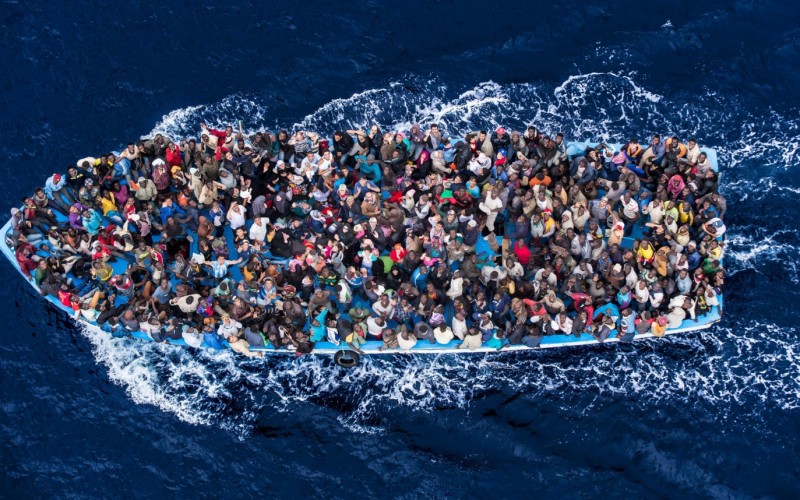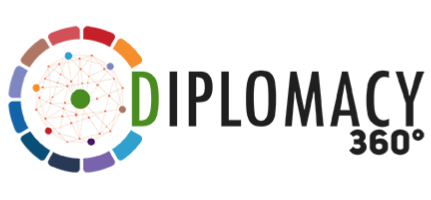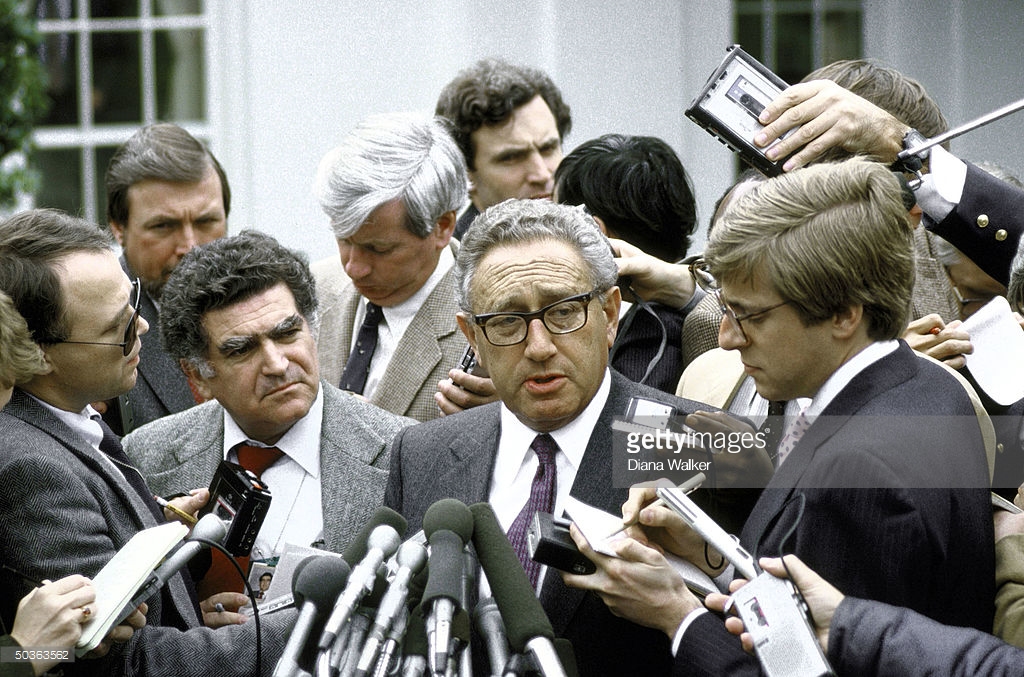Journalists Role in Diplomacy
Sometimes media dominates governing system and appeared new modes of interactions between media and diplomacy, the relationships between journalists and diplomats must be more and more increasingly tighter.
How could journalists help diplomats? This is simple: they send signals through media, build confidence and advance negociations, mobilize public support for agreements.
For many times officials used media to communicate with states, to bring to light some documents or secrets and most often to ask inconvenient questions in public and to put those who attend the conversation in an unpleasant situation.

During international crises, the media provided the only channel for communication and negotiation between rival actors and for this good journalists are necessary.
Kissinger used journalism diplomacy to break the deadlocks
- Kissinger had some favourite journalists: Marvin Kalb of CBS, Ted Koppel of ABC and Richard Valeriani of NBC, with whom he was able to develop an intimate relationship and sometimes they knew more than US Ambassadors
- During the first phase of the 1979-1981 Iran hostage crisis, the United States communicated with the terrorists holding the hostages exclusively through the press.
- “Most influential journalists in the United States – fully supported his diplomatic missions and admired his sophisticated techniques.“Marvin Kalb and Bernard Kalb, Travel with Henry
Former State Secretary Henry Kissinger with Press including ABC’s Sam Donaldson (red tie) after meeting with President Reagan at White House.
Direct effects of press on diplomacy:
- Breaking diplomatic deadlocks;
- Creating a climate conducive to negotiations, and creating a favourable climate for a contract or to seal a bargain.
The distinction between the last two effects is significant because media events can be used at the onset of negotiations to build confidence and facilitate negotiations, or at the end of negotiations to mobilize public support for an agreement that has already been achieved
President Obama has a history of using journalists to ask the other world leaders confrontational questions.
Reasons why media is considered important:
- For creating an independent media sector, essential to the functioning of democratic society and a key platform for freedom of expression (democracy and human rights objectives);
- For increasing governments’ accountability towards citizens, often to improve service delivery and state receptiveness, improve the state-citizens relationship, support a democratic decision-making process, or change social norms to lower public tolerance for corruption and poor governance;
- For improving debate, dialogue and tolerance, especially in fragile societies and where conflict exists, to increase the availability of balanced, reliable information;

Migration from the media perspective
A top topic in the media and a controversial issue also addressed in public debates. The European press framed the arrival of refugees and migrants as a crisis for Europe – the migration crisis entered a new phase, the media continues to face significant challenges in protecting the values of independent, fair and ethical journalism: protecting freedom of speech, the rights of newcomers, as well as citizens’ rights.
Mass Media faced with the humanist side of the situation and has focused on sharing refugee stories, often confusing migrant, immigrant, refugee and asylum seekers.
Anti-migration or anti-Muslim statements sustained by politicians like Donald Trump and European leaders have increased public concern and created the perception of “us and them”. There are three important periods in the media report on the migration crisis. Period 1: Precautionary tolerance, Period 2 : Ecstatic humanitarianism – Period 3 : Fear and security
Most journalists have approached the issue of the migrants’ crisis in a negative way.
The specific role of new and old media, panels will examine in detail:
- the intensification and persistancy of narratives of global conflict and their implications for diplomacy;
- how the interaction of the press, diplomatic responses, and new media memes have shaped responses to migrants and refugees;
- apprehension about the porous nature of contemporary media and information flows and the resurgence of calls for states to be able to control internet and media systems and content within their borders as a means of ameliorating the threats to geographic sovereignty;
- the implications of these activities for free expression and state information controls;



